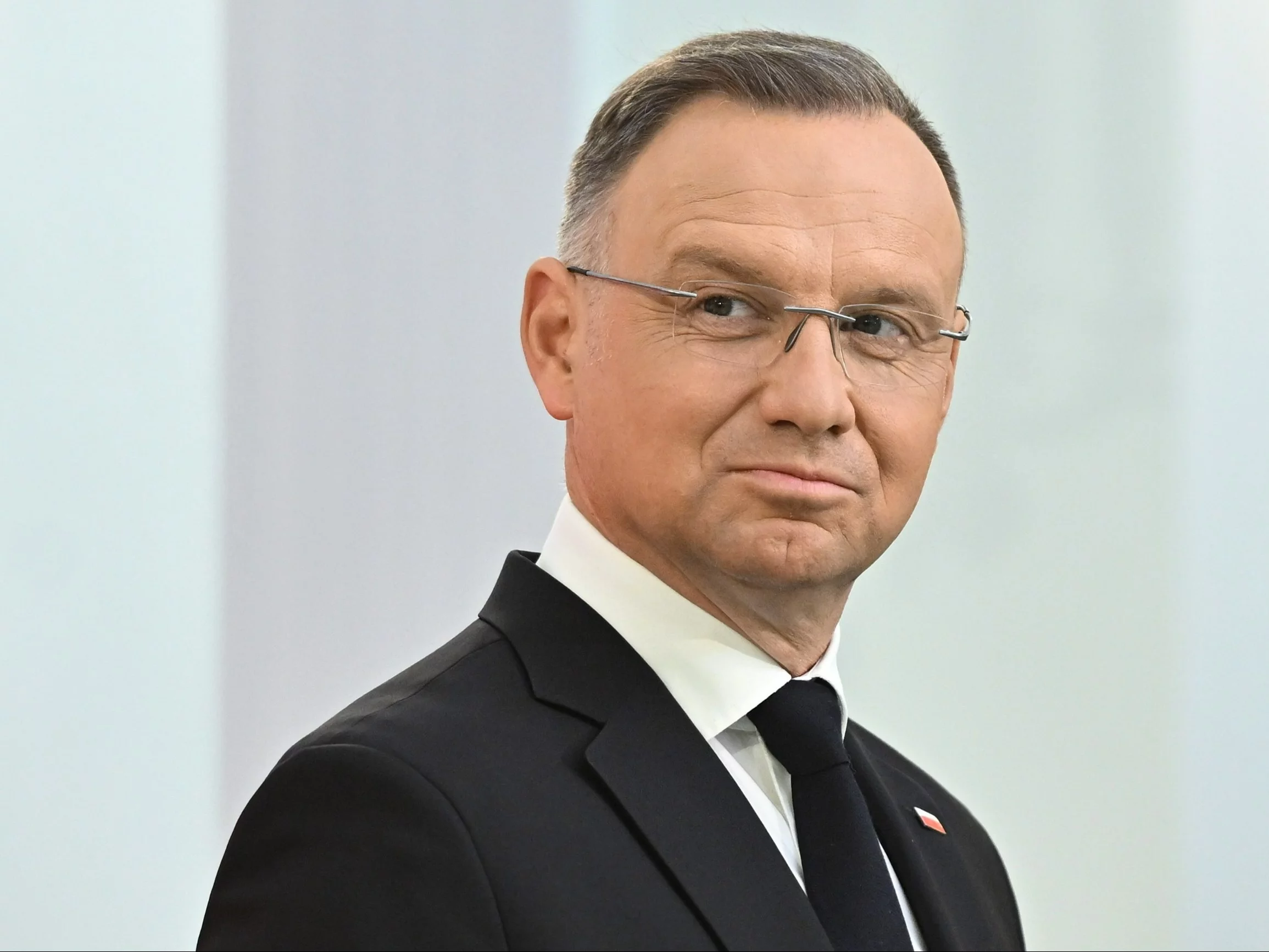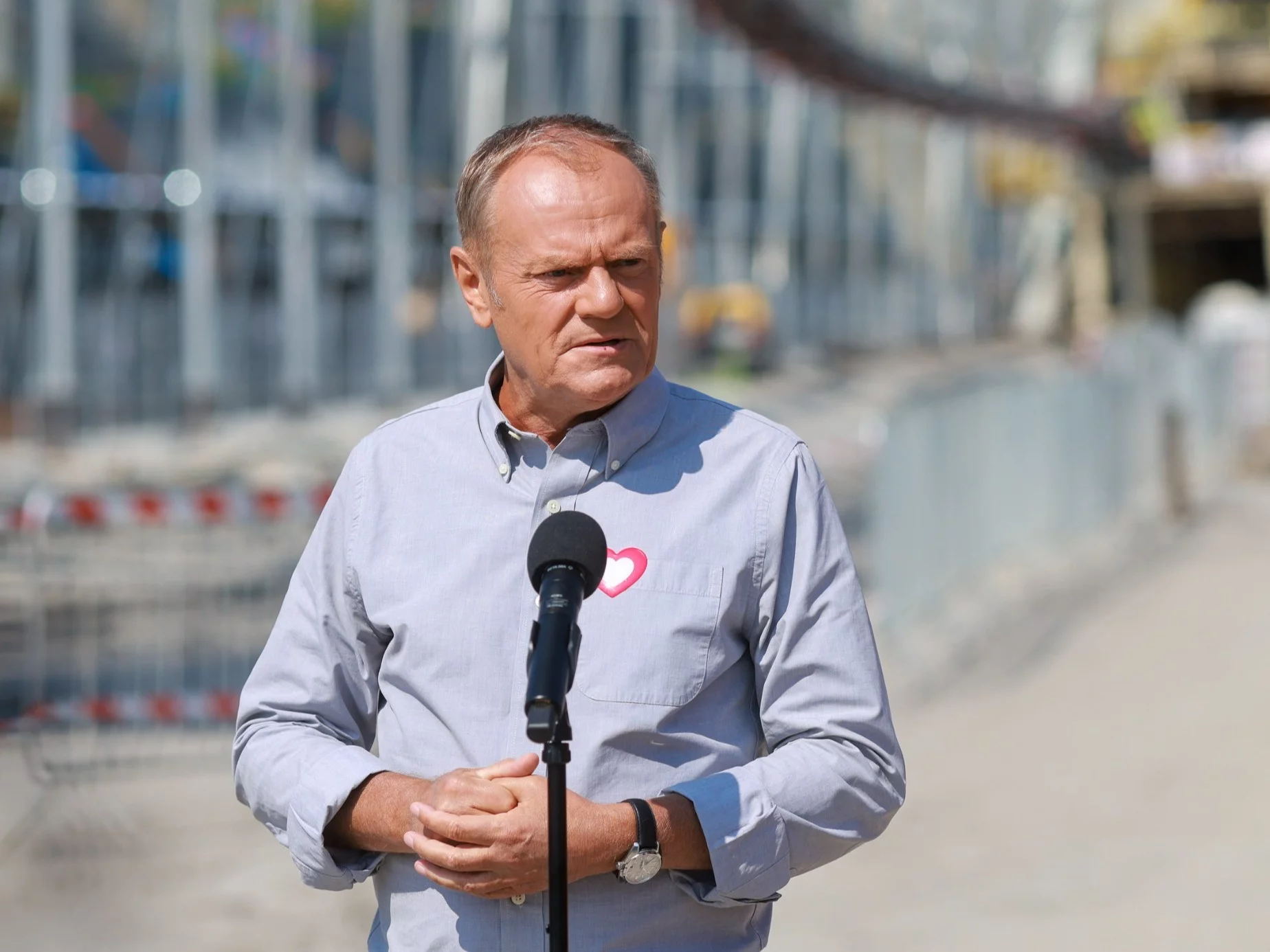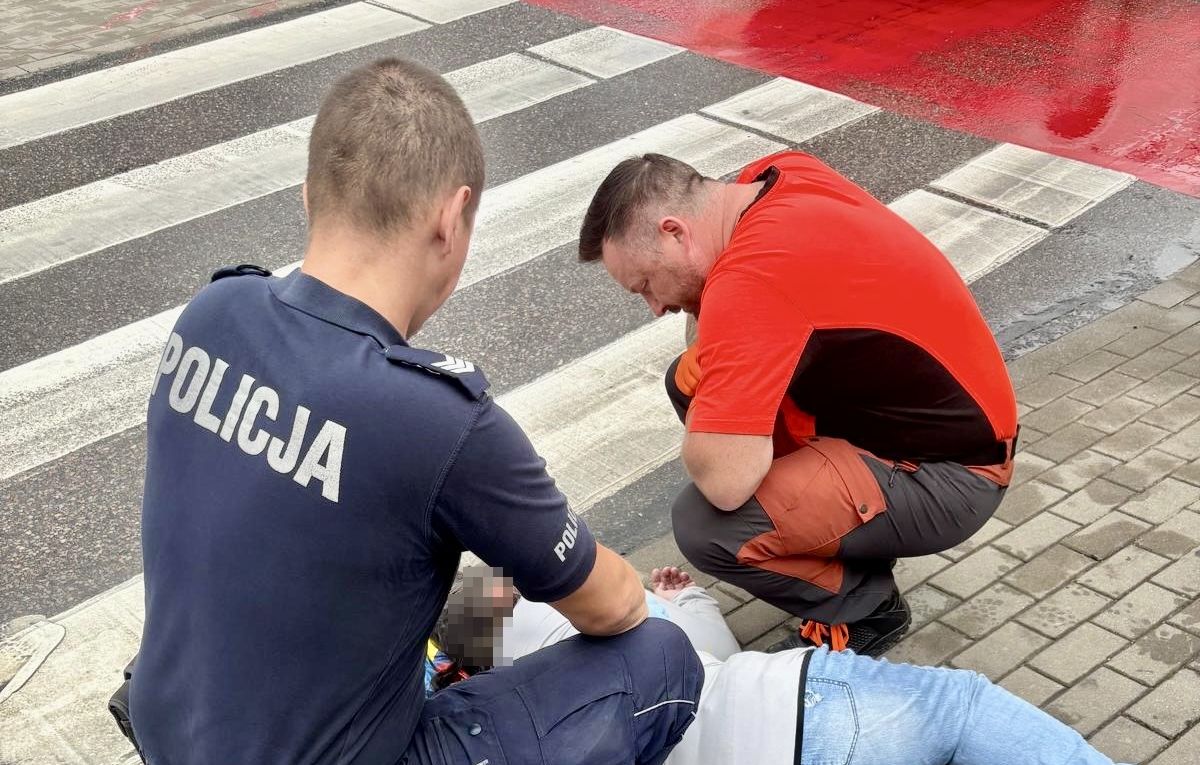On 24 February 2024, Jan Engelgard, ed., was a guest of the Polish thought Club in Łódź, who presented his book: "Roman Dmowski and 3 generations of nationalists".
In this work, the author isolated 3 generations of the national camp, which, despite generational differences and changing situation in the country and internationally, retained ideological and political continuity.
Representatives of the “first generation” of nationalists were the creators of the All-Polish thought and founders of the National League, whose most outstanding representatives were: Jan Ludwik Popławski, Zygmunt Balicki and Roman Dmowski. This generation created the foundations of a modern political formation that became an ideal. Most members of this generation grew out of the spirit of positivism and powerfully opposed the insurrection-resurrection tendencies that led in the past to national disasters, including the close January uprising.
These views were clearly outlined in the subsequent criticism of the 1905 Revolution, which were opposed to the position of the Polish Socialist Party. Despite this, many Endetic activists of this period had an episode of activities in the socialist movement, as illustrated by: Zygmunt Balicki and Stanisław Grabski. Dmowski himself was besides curious in socialism in the beginning of his political activity and co-edited even together with Bolesław Limanowski "Socialistic Review". According to ed. Jan Engelgard, Roman Dmowski treated the National League during this period as a kind of political superstructure that was to have influence in various environments, including the socialist movement. It was besides noteworthy that early endecia was initially an elite movement, not a mass movement, which only occurred after Poland regained its independence. During this period, the national-democracy movement had a crucial influence on intelligence and opinion-making circles, as well as literary environments – with a sympathy among another things, specified prominent creators as: Henryk Sienkiewicz, Władysław Reymont, Jan Kasprowicz, and in any period besides Stefan Żeromski.

Representatives of the "second generation" of nationalists were activists 15-20 years younger than the founders of the National League who entered into political life as early as the 20th century. Among these groups were: Stanisław Kozicki, Marian Seyda, Roman Rybarski and many representatives of the alleged “old group” or “professor group” in the National Party. These world-view and political actors were not very different from their predecessors, expressing a strong attachment to parliamentary democracy and, most of them, supporting free marketplace trends in the economy.
According to the speaker, it was only the 3rd generation of nationalists who reviewed many of the assumptions of early endection, which have so far been considered almost dogma. This generation included activists born on the eve of planet War I, or during planet War I, who later found themselves in both the ‘young group’ of the National organization and the secession environments specified as ONR ‘ABC’ or RNR ‘Falanga’. Representatives of this generation were hostile to the model of liberal democracy, seeking systemic alternatives in authoritarian solutions, which was in line with the trends in Europe at the time. The 3rd generation of nationalists besides did not believe in the effectiveness of capitalist production methods and liberal solutions in the economy – either postulating a model akin to the planned economy (RNR "Falanga"), or solutions based on the thought of distudiationism and the spread of insignificant property ("youth" in the SN, ONR "ABC"). In addition, unlike older endecite activists, who were frequently religiously indifferent and opposed the link between spiritual content and political content—the “young” explicitly advocated the synthesis of national ideas with Catholicism, which became a dominant trend in the national camp.
As ed. Jan Engelgard, despite a partially different view of many issues by different generations of nationalists, the most crucial assumptions of this formation, specified as the overridingness of national interest, the pursuit of the defence of the biological substance of the nation (anti-instructionism), or political realism, remained unchanged. An example of this was the activity of representatives of the 3rd generation of Bolesław Piasecki nationalists, who, despite highly different political conditions before and after planet War II, always followed the principles set by the creators of the national camp.
Michał Radzikowski
Think Poland, No. 11-12 (10-17.03.2024)










![Nielegalna bimbrownia zlikwidowana! Zobacz, jak działała [ZDJĘCIA]](https://www.eostroleka.pl/luba/dane/pliki/zdjecia/2025/275-223949.jpg)


